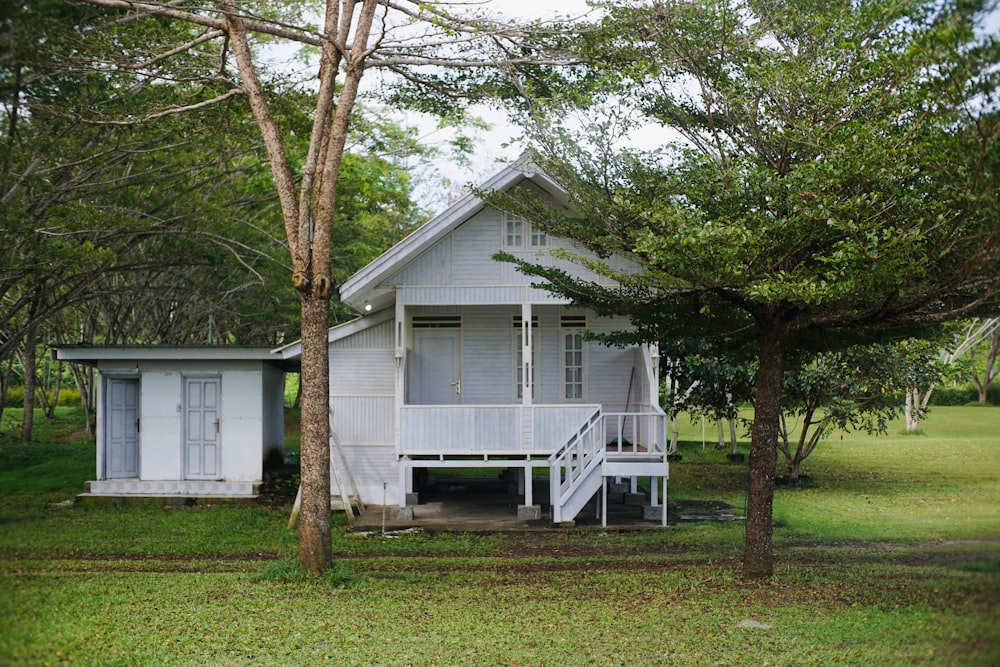Are SBA Loan Limits Good for Small Businesses?
Are SBA Loan Limits Good for Small Businesses?
 Last March, the Small Business Administration (SBA) assigned a limit on the agreement it was offering on “goodwill” financing, limiting them to $250,000 or 50% of the total amount of SBA loan, whichever amount was lower. “Goodwill” financing is an essential part of the SBA loan designed to obtain the intangible assets for any existing business. The limits mentioned beforehand were set to avoid the inflation of the intangible assets’ value. This is one of the reasons why you need to be practical when applying for an SBA business loan as a step towards achieving your entrepreneurial dreams. There are many other important things that you need to know about utilizing SBA loans to start or acquire a business.
Last March, the Small Business Administration (SBA) assigned a limit on the agreement it was offering on “goodwill” financing, limiting them to $250,000 or 50% of the total amount of SBA loan, whichever amount was lower. “Goodwill” financing is an essential part of the SBA loan designed to obtain the intangible assets for any existing business. The limits mentioned beforehand were set to avoid the inflation of the intangible assets’ value. This is one of the reasons why you need to be practical when applying for an SBA business loan as a step towards achieving your entrepreneurial dreams. There are many other important things that you need to know about utilizing SBA loans to start or acquire a business.
The SBA loan limit
An SBA business loan is one of the most popular methods of funding a small business. Basically, this type of loan offers banks a guarantee on any small business loan, giving banks more reason to approve the loan.
There are two major SBA business loan programs available today. These are:
• The 7(a) loan program – This is an organization’s most adaptable and popular initiative. It is designed to offer SBA commercial loans to small businesses, both start-up and existing.
• The CDC/504 loan program – This program offers long-term and fixed-rate funding, which is aimed at obtaining fixed assets.
The loan programs have distinct maximum loan amounts. The 7(a) loans have a maximum limit of $2 million, while the CDC/504 loans range from $1.5 million to $4 million, depending on the type of business and other criteria.
As a means to assist small businesses during the recession, the current US administration proposed to increase the loan size cap for standard CDC/504 and 7(a) loans to $5 million. A similar proposal was submitted for CDC/504 manufacturer loans, to be increased to $5.5 million. These developments will allow entrepreneurs to take on larger ventures or projects. Congress is now considering the said proposal.
The SBA loan requirements
Aspiring entrepreneurs need to meet a number of requirements to be eligible for an SBA loan application. First off, you must have applied for a conventional business loan from a commercial institution, and have been turned down. You will not be eligible for SBA business loans if you are able and capable of acquiring investment funding from other sources. In addition, you are required to identify the specific program in which you want to receive an SBA business loan for, because each program covers different requirements:
• For loan 7(a), you must have the ability to pay back the loan from your business cash flow, with a maximum duration of 25 years. Also, your business should be for profit and should meet the requirements set by SBA for small businesses.
• For the loan CDC/504, it is only be accessible if your venture is operational for profits, has a net worth lower than $7,000,000, does not exceed the size required by the SBA, and has a net income that does not exceed $2,500,000. This type of SBA loan can only be utilized for projects with fixed assets.
For faster assessment of your eligibility for SBA loans, you need to prepare the following information when you meet with a lender:
• business profile that includes the type of business, length of operation, and employee statistics.
• Loan request that shows the purpose, type of loan, and the amount.
• Collateral description
• Business financial statements for the past 3 years, including the latest interim statements.
• Personal financial statements of other officers, partners, stockholders and owners.
The SBA loan rates
The SBA loan rates are among the major concerns of most entrepreneurs when applying for an SBA business loan. This is, indeed, a complex issue that needs thorough discussion between you and the lender.
In 7(a) type SBA loans, the interest rates can be negotiated, but these should not exceed the level required by SBA. On the other hand, fixed rate loans have the following interest rates:
Loans amounting to $50,000 or higher – base rate plus 2.25 percent (with maturity of less than seven years) or base rate plus 2.75 percent (with maturity of seven years or more)
Loans between $25,000 and $50,000 – base rate plus 3.25 percent or base rate plus 3.75 percent.
Loans $25,000 or less – base rate plus 4.25 percent or base rate plus 4.75 percent.
The CDC/504 commercial loan rates are fixed to an increment that is above the market of U.S. Treasury’s 5-year and 10-year issues.
Aside from the loan programs mentioned above, there are many others available for prospective entrepreneurs. As the country’s economy slowly rises out of the shadows of recession, this is exactly the kind of assistance small businesses need to succeed and prosper. Now, which types of SBA financing programs appeal most to your entrepreneurial preference?


